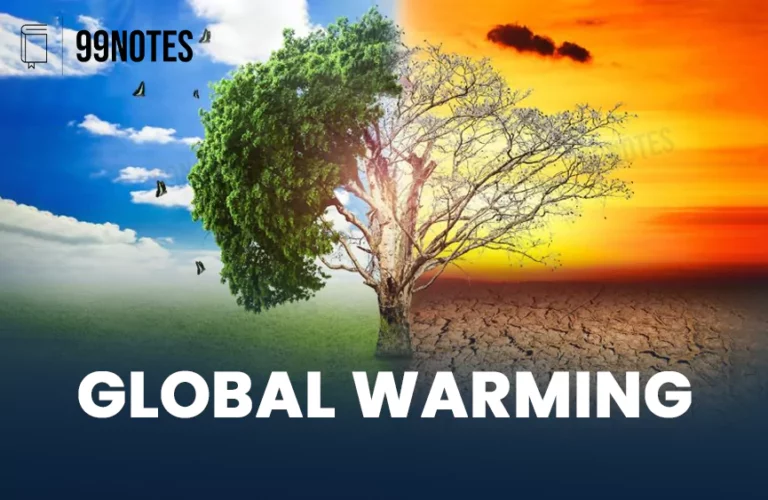Measuring Air Pollution
On the basis of how air pollution impacts human health, certain standards for Air pollution have been set. Such standards are often set only for the Ambient air, i.e. the air surrounding us in the outdoors. WHO establishes Global Air Quality Guidelines (AQG) based on scientific evidence of health risks. It sets limits for pollutants…





